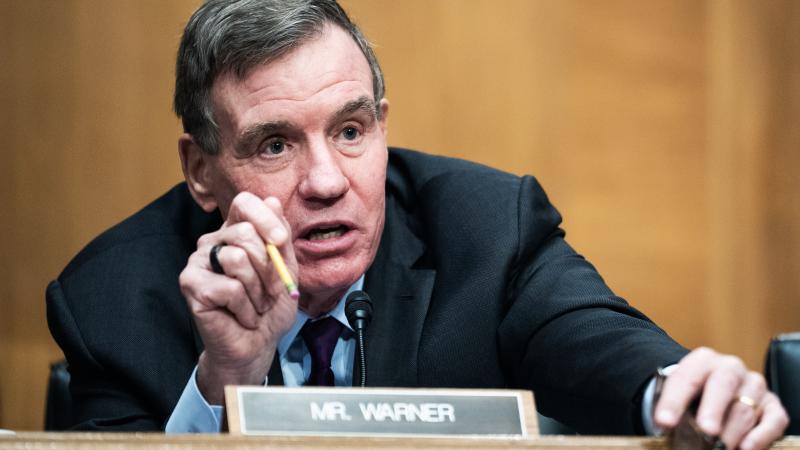LePage, Mills clash on abortion, public health in Maine gubernatorial debate
A host of polls have shown Mills with a double-digit lead.
Former Republican Maine Gov. Paul LePage and his successor, Democratic Gov. Janet Mills, sparred on Monday in the state's gubernatorial debate.
On abortion, Mills insisted that she had no plans to change current abortion law in Maine. "As long as I am governor, a woman's right to reproductive health care will not be considered dispensable," she said. LePage, meanwhile, insisted that Democrats were fabricating an idea that he sought to curtail abortion rights and insisted he was content with the state's current laws on the matter.
"I would prefer adoption over abortion but the law of the state of Maine is the law and I honored it and I will continue to," he said. "I would never change the law. It's a good compromise... I have no reason to ever want to change it." He did, however, add a few caveats, saying "I oppose taxpayer funding abortion and I despise and think it's cruel to have late term abortions."
Mills asserted that LePage was misrepresenting his own record on the issue and said that the landmark abortion precedent of Roe v. Wade, in combination with a mostly pro-choice legislature, were the main barriers to his moving forward on pro-life policies. "Abortion is on the ballot," Mills insisted. LePage derided the Democrat for pushing a narrative on the issue to distract from the poor economy. He further insisted that the Supreme Court's overturning of Roe v. Wade put abortion back in the hands of the state "where it belonged."
On mental illness and opioids, LePage said the state "needed to change the model" for addressing the issue, which included improving law enforcement and medical treatment options. Both candidates advocated for an "all-of-the-above" approach to the issue. Mills specifically highlighted the performance of her appointees on the issue before pointing to the "deadly potency" of fentanyl as exacerbating the issue. LePage, in turn, said that fentanyl had been effectively decriminalized under Mills' leadership, which she denied.
Neither candidate supported requiring the COVID-19 vaccine for public schools. Both candidates said they would not support large-scale tax increases to support the state in the event of a recession.
LePage left office in 2019 after serving two terms in the governor's mansion. His bid to reclaim his old job may prove to be difficult, however, as a host of polls have shown Mills with a double-digit lead.
















